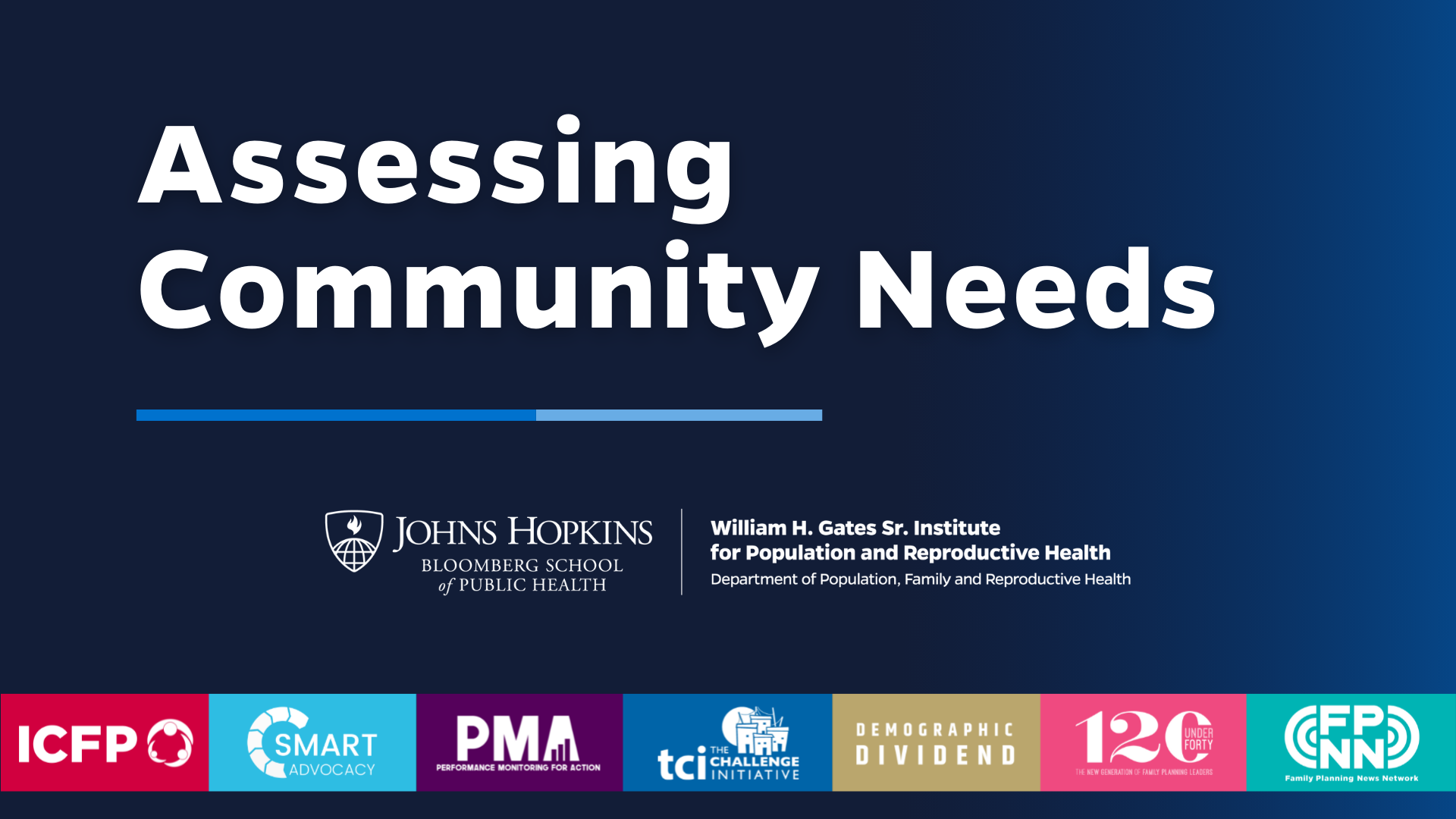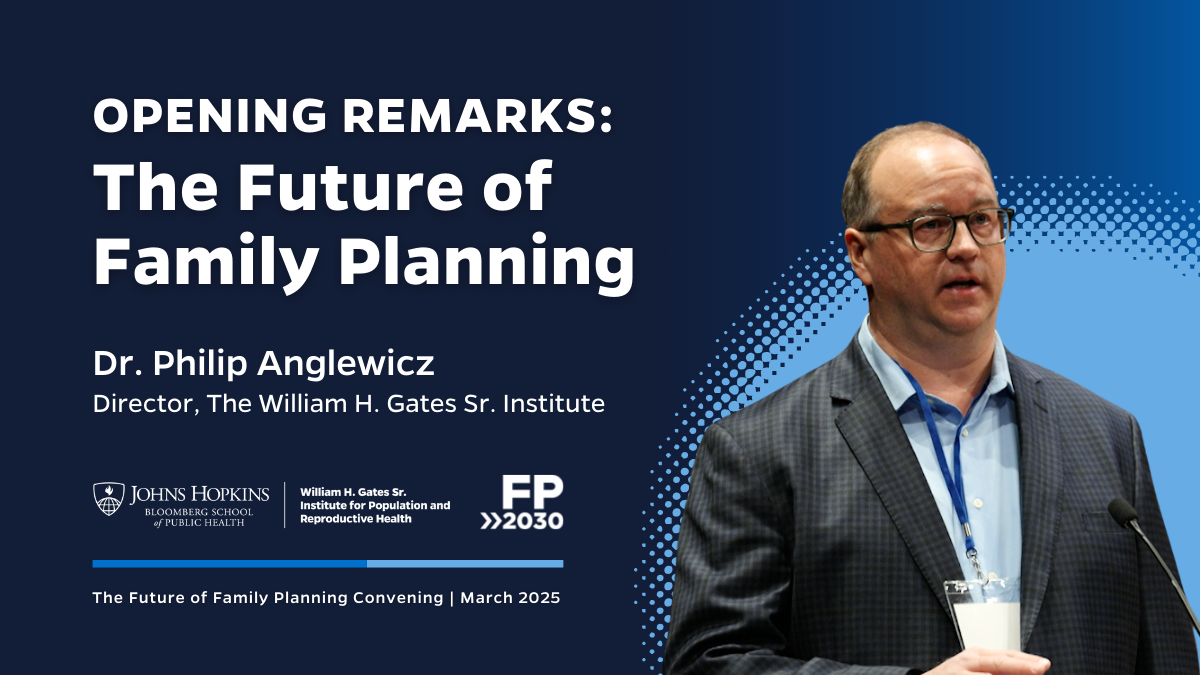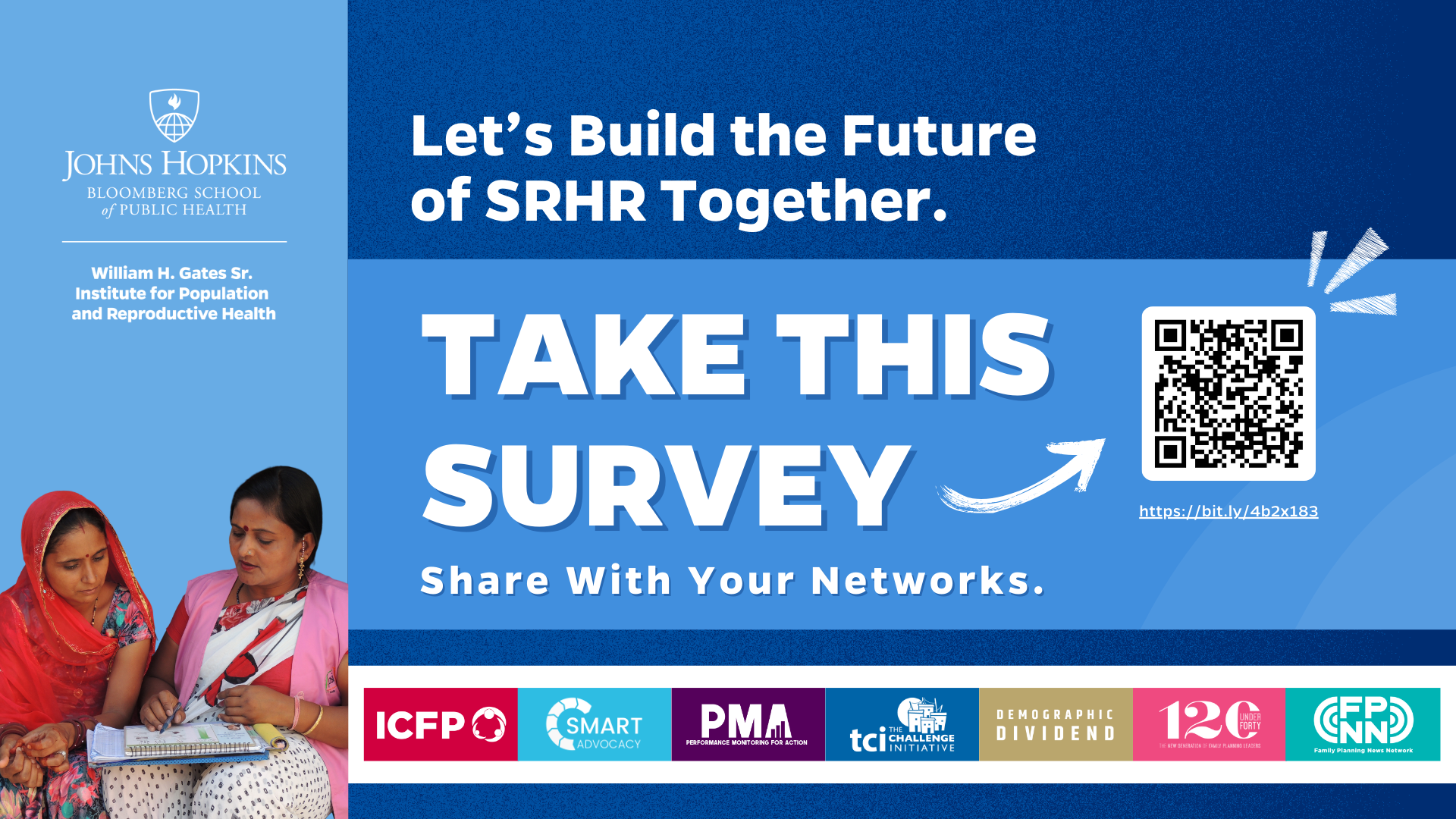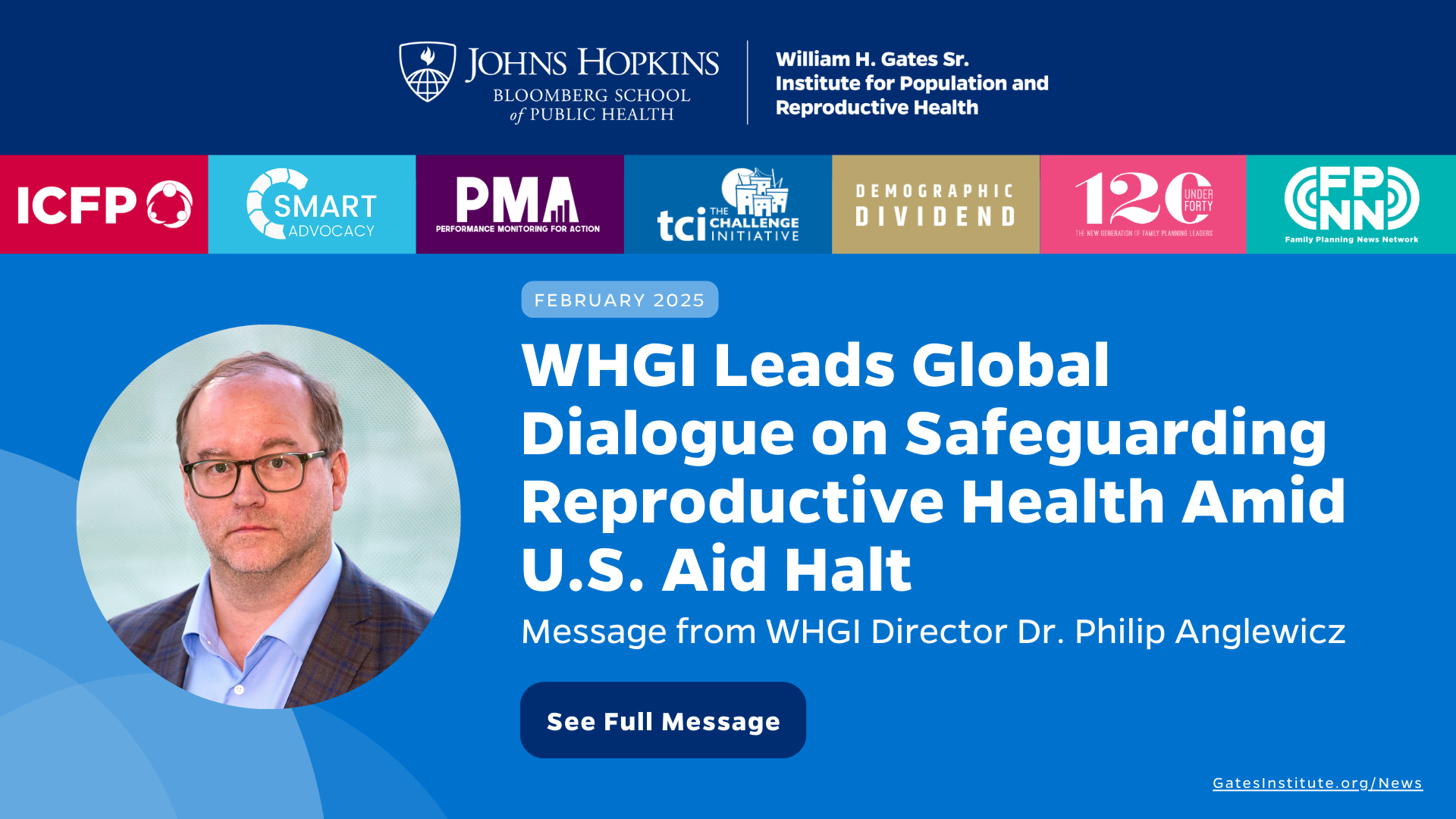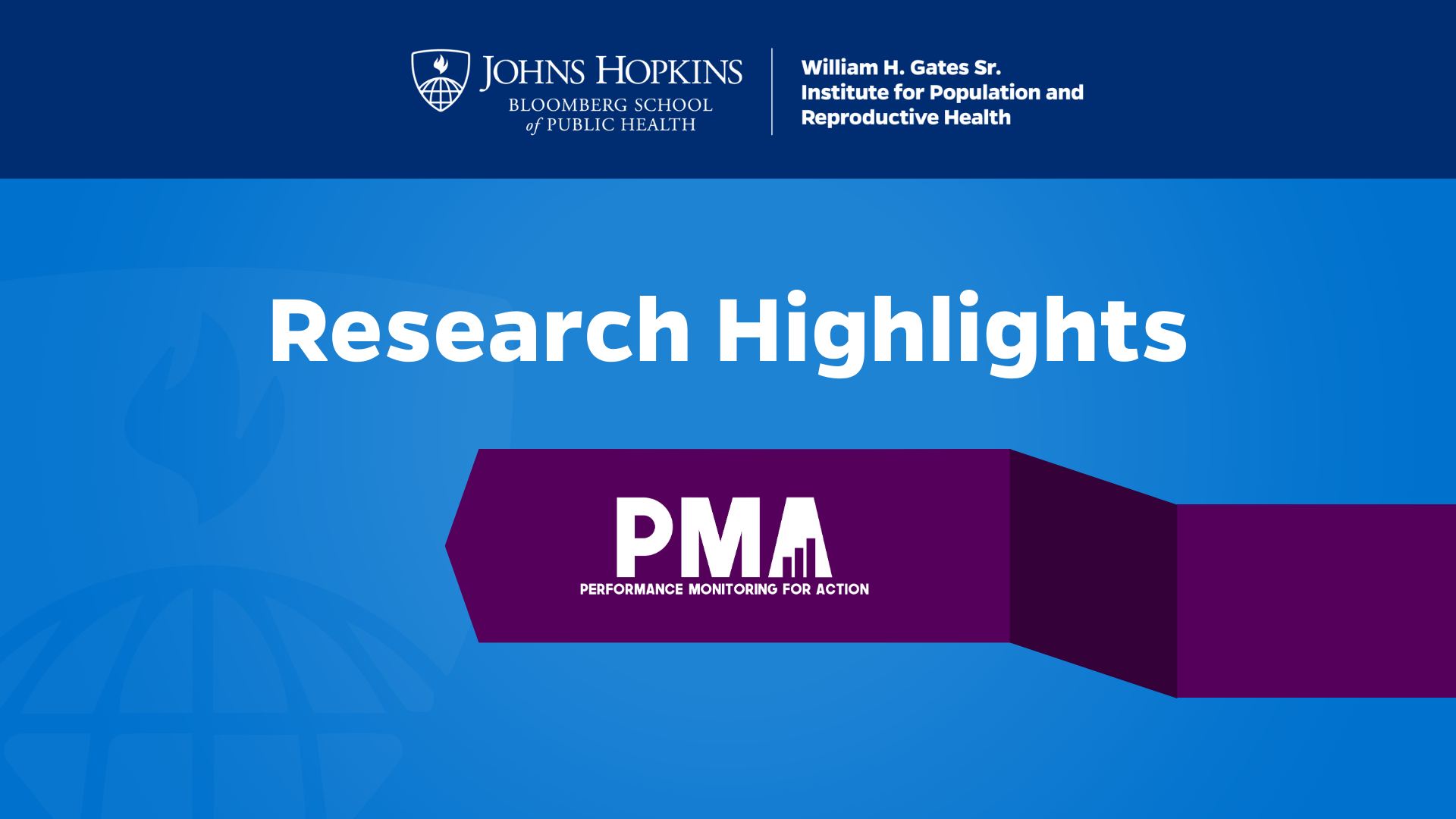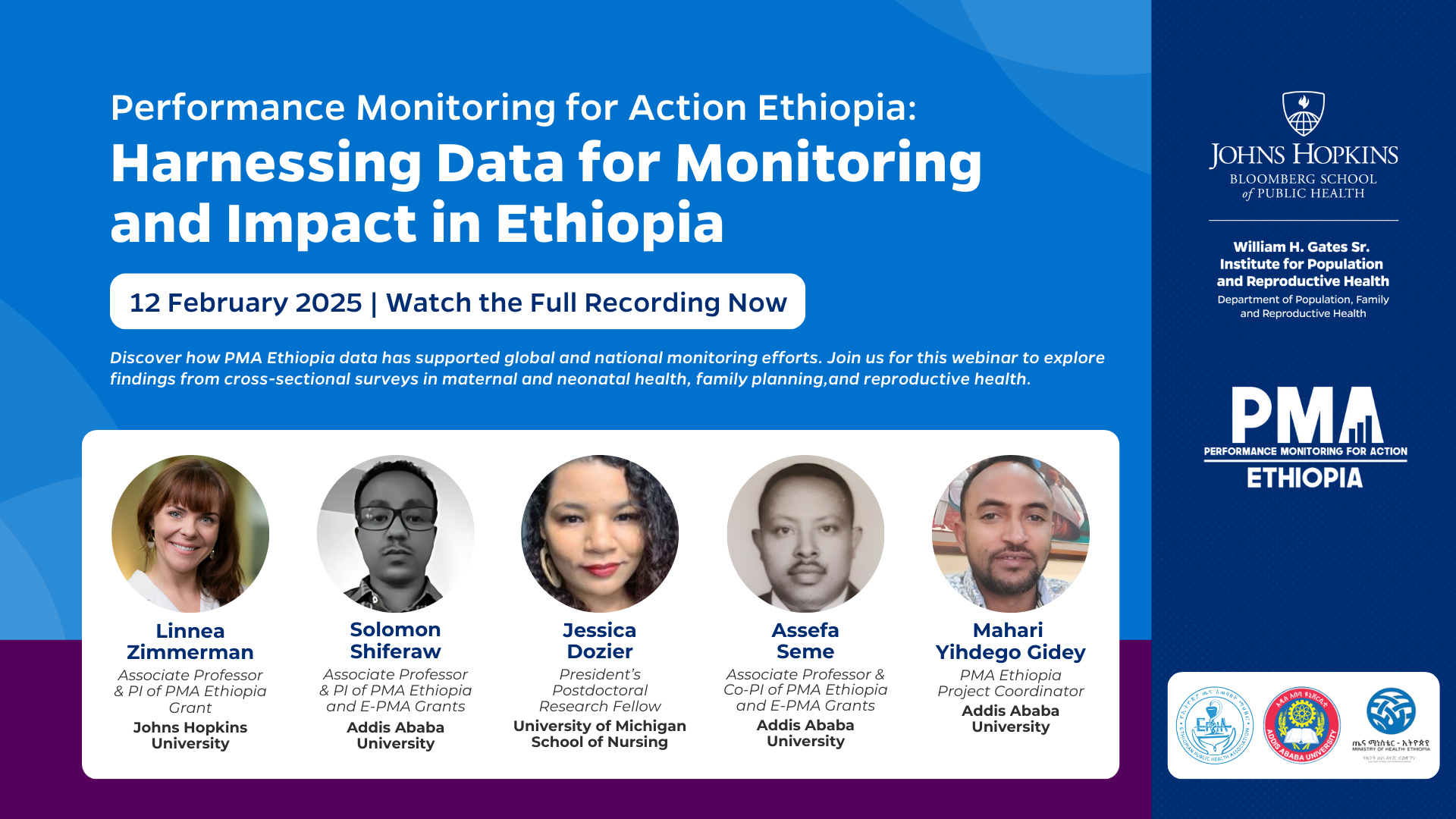Yet in this difficult time, we seize moments of hope and opportunities for positive disruptions.
The past year has seen the appointment of strong new leaders at three key organizations. In May, Dr. Tedros Adhanom Ghebreyesus was named Director-General of the World Health Organization, and set about putting together the WHO’s most diverse leadership team ever — a reflection of his belief that “we need top talent, gender equity and geographical diversity to deliver.” He brings on-the-ground experience to this role, having been the architect of the remarkable progress in health and family planning in Ethiopia when he was Minister of Health.
In October, Dr. Natalia Kanem, a great champion of women and young people, was named Executive Director of UNFPA, succeeding the esteemed Dr. Babatunde Osotimehin. She brings to this position expertise from her days at the Ford Foundation and her time in the field as UNFPA Representative in Tanzania.
And just last month, Alvaro Bermejo was named Director-General of IPPF; he brings to this role his expertise honed through more than twenty years in global health and development, including serving as Executive Director of the International HIV/AIDS Alliance and Executive Director of the Survive & Thrive program for maternal and child health at the Children’s Investment Fund Foundation (CIFF).
These three leaders, when working in concert with other positive disruptors in the field, can make history.
I am also encouraged by what I see of the next generation of family planning leaders, a truly impressive group of young people. The Gates Institute is engaging with some of the most committed and dynamic young leaders through 120 Under 40: The New Generation of Family Planning Leaders, and our support of the International Youth Alliance for Family Planning, the youth-led organization that sprouted from the 2013 International Conference on Family Planning (ICFP) and now boasts coordinators in more than 70 countries worldwide.
Many young people will be among those gathered in Kigali, Rwanda, next November for the fifth ICFP. They will be joined by thousands of researchers, policymakers, advocates, journalists, and ministers for the world’s largest scientific conference dedicated to family planning.
The ICFP in Rwanda will help bend the curve toward achieving our goals for 2020 and beyond. The theme of the conference is “Investing for a Lifetime of Returns,” and family planning’s impressive returns on investment will underlie many of the conference plenaries and sessions. At the ICFP, we will also recognize the high-net-worth individuals who give their private wealth to family planning and reproductive health, with the second bestowing of the Global Humanitarian Awards for Women’s and Children’s Health (one of which Alvaro Bermejo accepted last year on behalf of Sir Christopher Hohn of CIFF). And we will again confer the Excellence in Leadership for Family Planning (EXCELL) Awards, which recognize individuals, organizations, and countries making progress toward increasing access to and use of voluntary family planning information and services.
Expect a great deal of activity on the demographic dividend as we approach the 2018 ICFP. The Gates Institute is continuing to drive forward the demographic dividend framework globally and especially with African partners. We continue to invest in research on the demographic dividend, especially at the micro level (including supporting the publication of two demographic dividend books in 2016), and to engage policymakers at the highest levels on the DD. We are also developing a demographic dividend video featuring the voices of key African policymakers, to be released at the ICFP.
Here in Baltimore, the halls of Johns Hopkins Bloomberg School of Public Health are filled every day with brilliant minds, from students to faculty and staff — some of the best and the brightest in the field. I am also heartened by the achievements of the Gates Institute’s major projects.
Our advocacy initiative, Advance Family Planning (AFP), now comprises more than 20 partner organizations in 10 focus countries that work with civil society leaders, government officials, service providers, and individual family planning champions to increase the financial investment and political commitment needed to ensure access to quality, voluntary family planning through evidence-based advocacy. AFP’s SMART (Specific, Measurable, Attainable, Relevant, and Time-bound) approach has yielded 700 advocacy wins, including increased budgets for family planning, improved policies to expand contraceptive access and choice, and higher visibility for family planning. Since 2012, AFP has mobilized $44 million in funding for family planning.
Since its launch in 2013, Performance Monitoring and Accountability 2020 (PMA2020) has used innovative mobile technology to support low-cost, rapid-turnaround surveys monitoring key family planning, health and development indicators on an annual basis. To date, PMA2020 has worked in 11 countries in Asia and Africa and has completed more than 50 survey rounds, trained over 2,000 female resident data collectors (known as “resident enumerators”), and conducted over 400,000 interviews. PMA2020 collects data on an array of health indicators, including family planning; water, sanitation and hygiene; menstrual hygiene management; diarrheal diseases; nutrition; primary health care; maternal and newborn health; and more. These data are helping drive decision-making. PMA2020 has recently expanded with the launch of PMA Agile, which focuses on rapid monitoring of service delivery at the health system level.
Our newest project, The Challenge Initiative (TCI), is financing, scaling up and sustaining a new “business unusual” approach to urban reproductive health solutions. TCI is taking an innovative, demand-driven approach, in which participating cities self-select, and are asked to bring their own resources (cash or in-kind) to the table. Cities then work with TCI’s in-country partners — called “accelerator hubs” — to design programs for implementing a package of family planning interventions that are based on proven tools and best practices. Participating cities receive technical expertise and coaching from the hubs and funding from a Challenge Fund seeded by the Gates Foundation. Interested cities can also access the newly launched TCI University, which includes toolkits, coaching, and communities of practice to assist with program design and implementation. As of October, TCI had received 94 expressions of interest; 39 cities are developing program designs, and 22 have been approved. Twenty-two geographies are currently implementing programs.
I’d also like to acknowledge our partners around the world, especially those in the field, for all the progress they have made in family planning.
We know that investments in family planning reap tremendous rewards, in terms of education and empowerment, economic growth, family welfare and environmental health. We look toward a future when people around the world will see family planning’s great benefits realized in their communities and countries.
Even in these challenging times, I still believe we can change the world with family planning.

